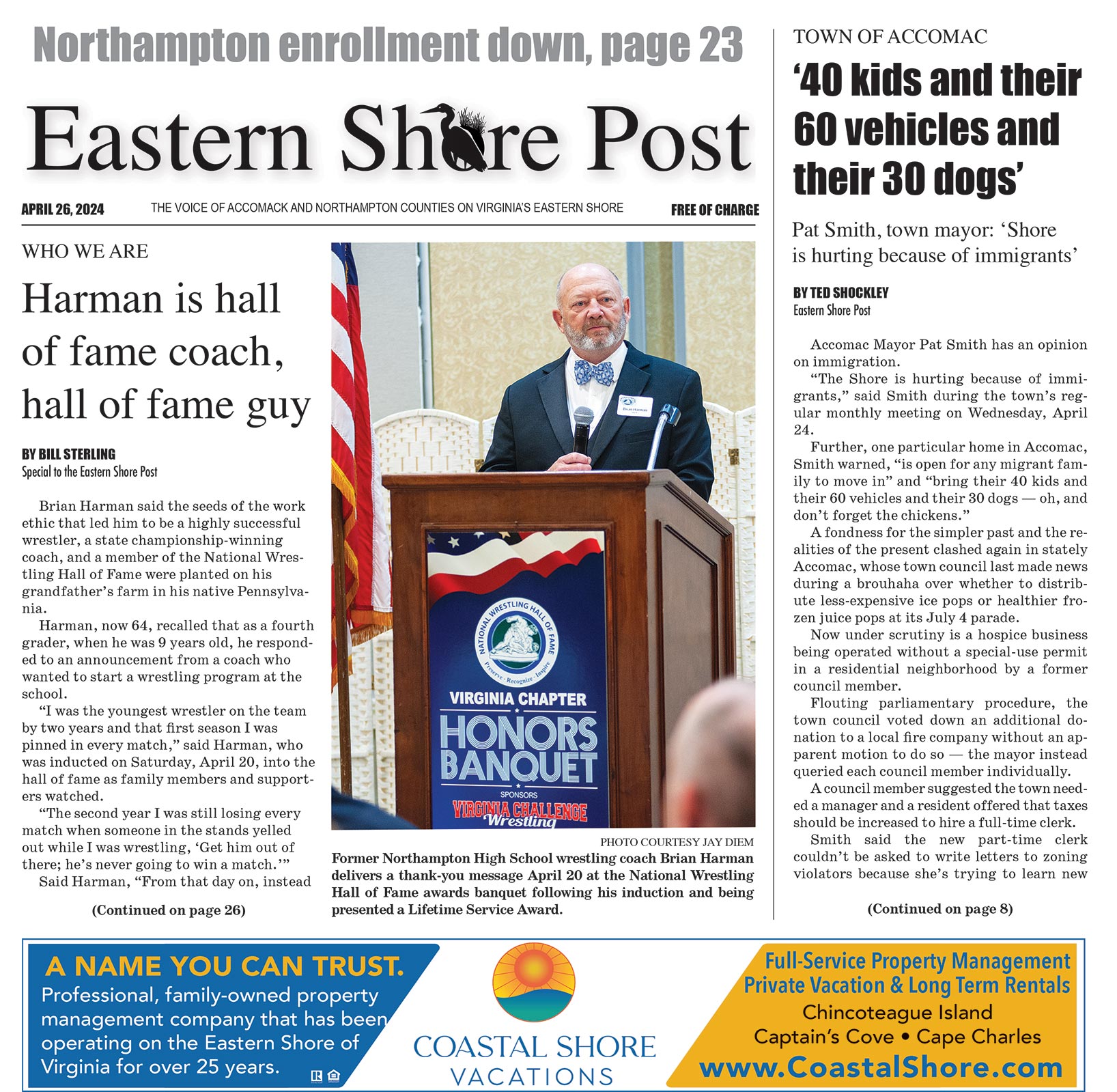By Stefanie Jackson – With 50% of Virginia school divisions starting the 2020-2021 school year with students participating in 100% remote learning, and all divisions offering a remote learning option, the Virginia Department of Education’s EdEquity webinar “Re-engaging Disconnected Students and Families” comes at an opportune time for school administrators, teachers, and parents.
When Virginia schools closed their doors in mid-March due to the coronavirus pandemic and attempted an unplanned shift to remote learning, many students and families became disengaged from the educational process.
Parents became disconnected due to issues like limited internet access, lack of childcare, illness, and food, housing, and economic insecurity.
Moreover, many kids viewed remote learning as “not real,” said Aurelio Montemayor, family engagement coordinator for the Intercultural Development Research Association.
He identified four paths by which schools engage parents: volunteering and fundraising, parenting workshops, adult education and enrichment, and parent leadership.
Montemayor preferred the leadership path, which he defined as “parents dealing with policy and practice and being partners in transforming the schools to be excellent schools.”
During this current period of isolation, the best option for schools is giving “clear, honest information and viewing families as equals in school efforts to provide a safe, healthy, and excellent education for all children.” That results in “authentic engagement,” Montemayor said.
Suchitra Saxena, an education consultant who has worked with disadvantaged, low-performing schools, also lauded what she called “parent power.”
Saxena believed there’s value in schools giving parents opportunities for adult enrichment, such as offering cooking classes or hosting basketball nights. These types of activities bring parents together and allow family-to-family relationship building.
Strong relationships between families provide stability in school systems that suffer from high rates of teacher turnover, Saxena noted.
During the COVID-19 pandemic, Montemayor has been meeting virtually with 10 to 15 parents at a time via Zoom, a popular video-conferencing app. He finds great value in providing parents a platform to voice their concerns while “we listen.”
It’s a simple way to permit an “honest dialogue” that often isn’t initiated at the average family night, which may consist of parents watching students perform an activity, answering a survey, and having cake and coffee, Montemayor said.
Parents who don’t have internet access can be part of “phone brigades” and stay connected to school through text or talk, he said.
Montemayor discussed a small school district with limited resources, whose superintendent asked teachers to call every family at least once a week during the initial months of the pandemic.
Montemayor had spoken with a few of the parents who were called. “They said, ‘This is the first time anybody has talked to me from school and listened to me.’ Just a five-minute conversation” caused a “radical shift” in how parents viewed their children’s school.
He encouraged teachers to keep up with popular apps that may provide new means of communication with parents. For example, WhatsApp is a messenger app that has gained popularity because it allows the user to make international calls for free, Montemayor said.
Saxena also recommended TalkingPoints, an app for teachers who have students from multilingual families. The app allows the teacher to send a text message to a parent, and the app automatically translates the message into the parent’s native language, then translates the reply to the teacher.
The presenters viewed the pandemic less as a challenge and more as an opportunity to reimagine school and how to open new lines of communication and build relationships with parents.
Saxena said the more educators focus on relationships, the more “we’ll get really creative and good about all the new structures and systems that can … take us into the future into a much more equitable, inclusive, diverse place where everyone feels like a really strong sense of belonging.”



